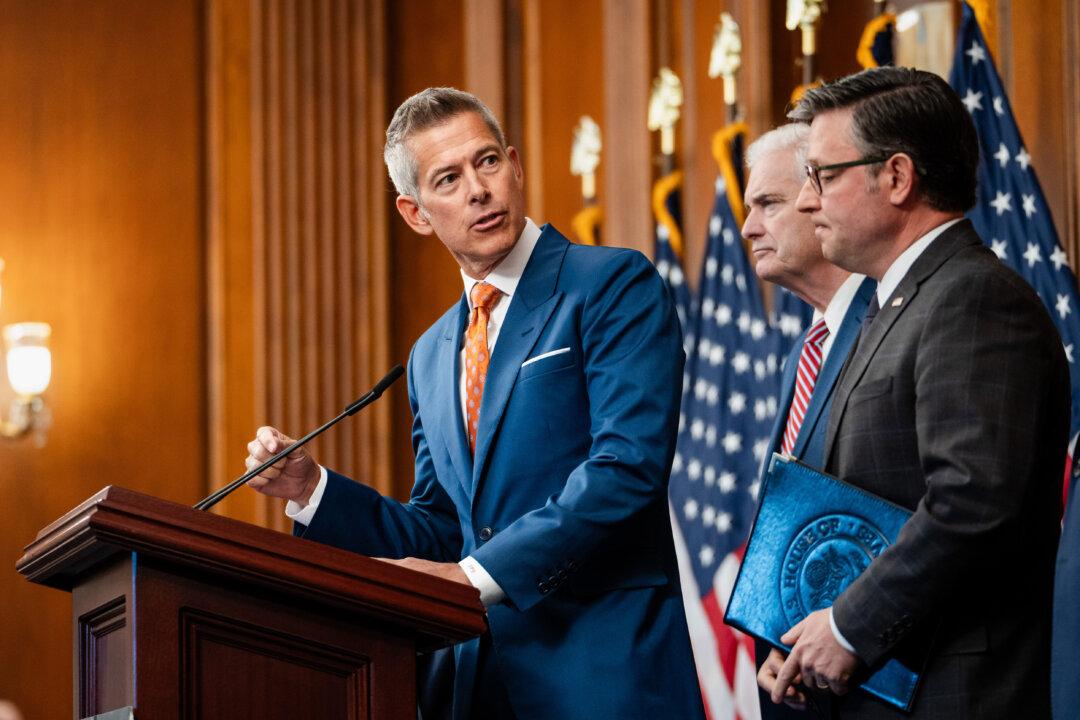The chief executive of Bank of America (BofA) is expecting a recession to hit the United States this year, with GDP growth projected to fall for three consecutive quarters.
U.S. GDP is estimated to contract by 0.5–1.0 percent for the upcoming three quarters before growth turns positive, BofA CEO Brian Moynihan said during the bank’s quarterly earnings call on April 18. “Everything points to relatively mild recession, given the amount of stimulus that was put—that was paid [to] the people and the money they have leftover, the fact that unemployment is still at 3.5 percent,” he said.





